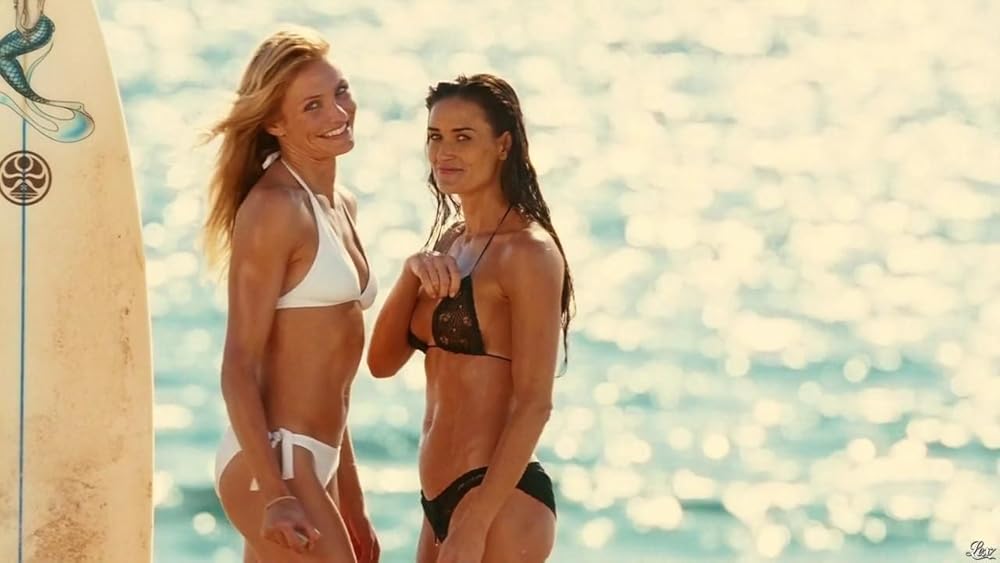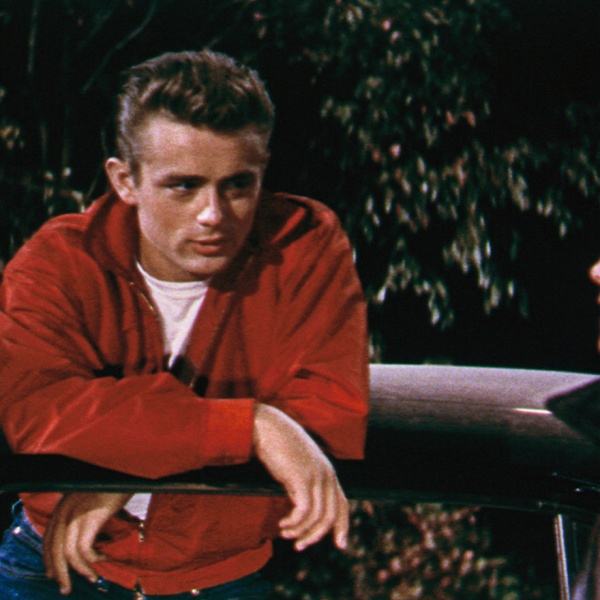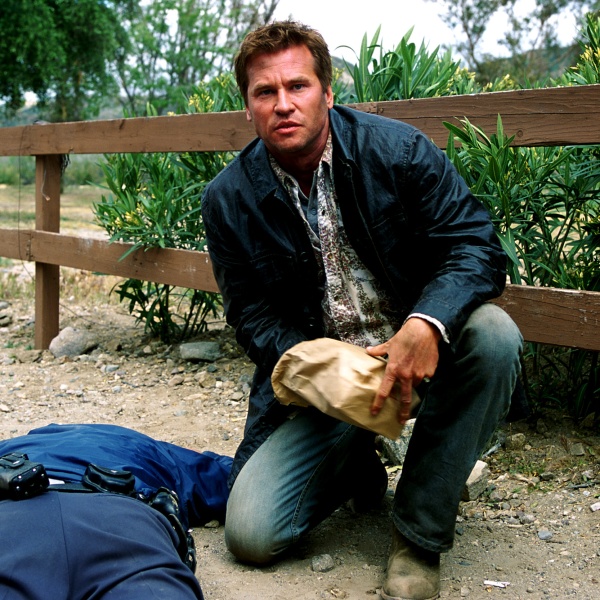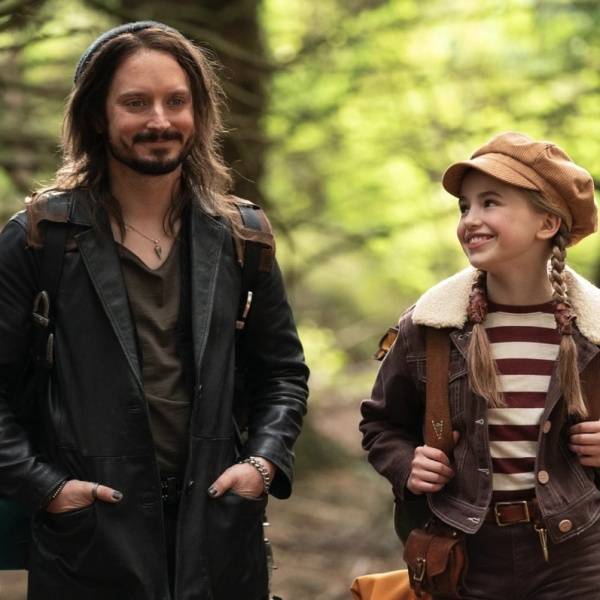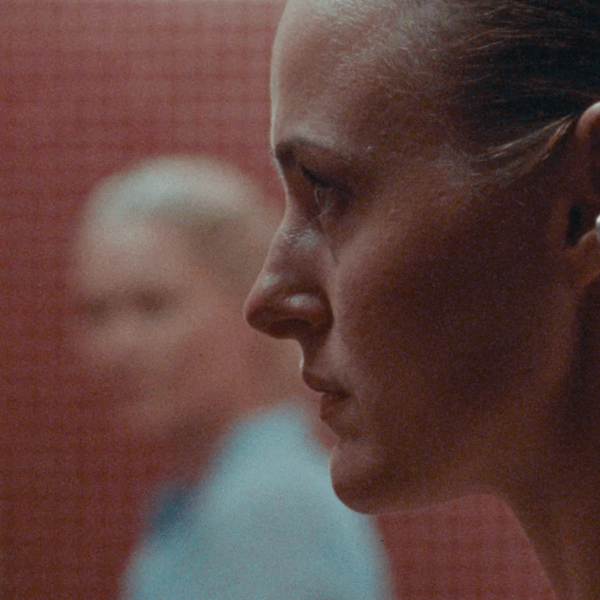Demi Moore is reflecting on her bikini seen ’round the world 20 years later.
The actress starred in 2003 sequel film “Charlie’s Angels: Full Throttle,” and recalled the discussion surrounding her so-called age-defying appearance at the time.
“What’s interesting is I felt [criticism] more when I hit my 40s. I had done ‘Charlie’s Angels,’ and there was a lot of conversation around this scene in a bikini, and it was all very heightened, a lot of talk about how I looked,” Moore told Interview magazine while in discussion with Michelle Yeoh. “And then I found that there didn’t seem to be a place for me. I didn’t feel like I didn’t belong. It’s more like I felt that feeling of, I’m not 20, I’m not 30, but I wasn’t yet what they perceived as a mother.”
“The Substance” star added that she even questioned her place in Hollywood, with “Full Throttle” being her first film in years. She later took another break even after its release.
“Where do I fit in? It was a time that felt, not dead, but flat,” Moore said of her career. “I don’t know if I’ve ever done that when I’ve come up against something that I don’t understand exists as a limitation. […] There was a moment, I have to say, where I started to wonder, is this really what I should be doing? Maybe that part of my life is complete. Not even over, but complete. Then I realized, if I’m questioning it, then I need to inject it with energy so that I know for sure.”
“Charlie’s Angels: Full Throttle” was an action comedy film directed by McG. Lead stars Cameron Diaz, Drew Barrymore, and Lucy Liu were joined by Moore for the sequel; Moore’s character Madison Lee was created specifically for her. However, the film itself received numerous Razzie Awards, with Moore winning Worst Supporting Actress. She was also nominated for the MTV Movie Award for Best Villain, but lost against co-star Liu for her role in Quentin Tarantino’s “Kill Bill: Volume 1.”
Now, Moore shared that she actually wanted to lean more into the action genre, especially after starring in “G.I. Jane.”
“Being of the generation I’m from, I really wanted to find an action-oriented film, and I felt like the response I got was polite, but like I was crazy,” Moore said. “And then I saw with the next generation of actresses, the world of action-oriented films opened up for them, which was uplifting and inspiring to see things changing.”
Moore recently told IndieWire’s Ryan Lattanzio that her aging actress character Elisabeth Sparkle in Cannes breakout film “The Substance” embodied the plight of being a woman in a patriarchy, not just in Hollywood.
“If we step back from it being about an actor, [the film is more about] a desire to have validation, to be seen, to be appreciated, to belong, and what it is to feel rejected and to feel not-enough, that there’s something wrong with you,” Moore said. “When you add into it the aspect of aging — which is really about our inability to control — [it becomes] an exploration of a lack of acceptance of self. What really connected me was the unique way in which [writer/director Coralie Fargeat chose] to tell this story.”
She added of the film, “What I love is this was a rich, complex, demanding role that gave me an opportunity to really push myself outside of my comfort zone, and in the end to feel like I explored and grew not only as an actor, but as a person. And so if there’s any hope, it’s really just to kind of re-engage in a way. I feel like I took a real step back for a long time and really questioned even whether or not this is what I should be doing. This was a part of waking myself up.”
